mGluR5
Recent articles
In deep water with Gül Dölen
A researcher's existential crisis led to a scientific breakthrough.

In deep water with Gül Dölen
A researcher's existential crisis led to a scientific breakthrough.
Plethora of protein-making machines in neurons may underlie fragile X
An overabundance of ribosomes drives an imbalance of proteins produced from long and short genetic transcripts in a mouse model of fragile X syndrome.
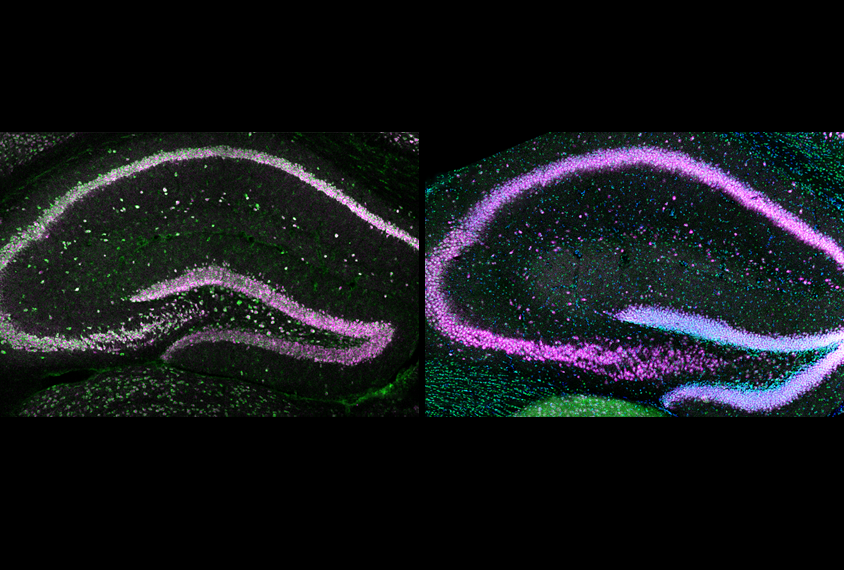
Plethora of protein-making machines in neurons may underlie fragile X
An overabundance of ribosomes drives an imbalance of proteins produced from long and short genetic transcripts in a mouse model of fragile X syndrome.
Fragile X theory falters on amygdala test
Activating certain receptors in the amygdala — a treatment that runs counter to a leading theory of what causes the condition — can reverse some traits in rats.
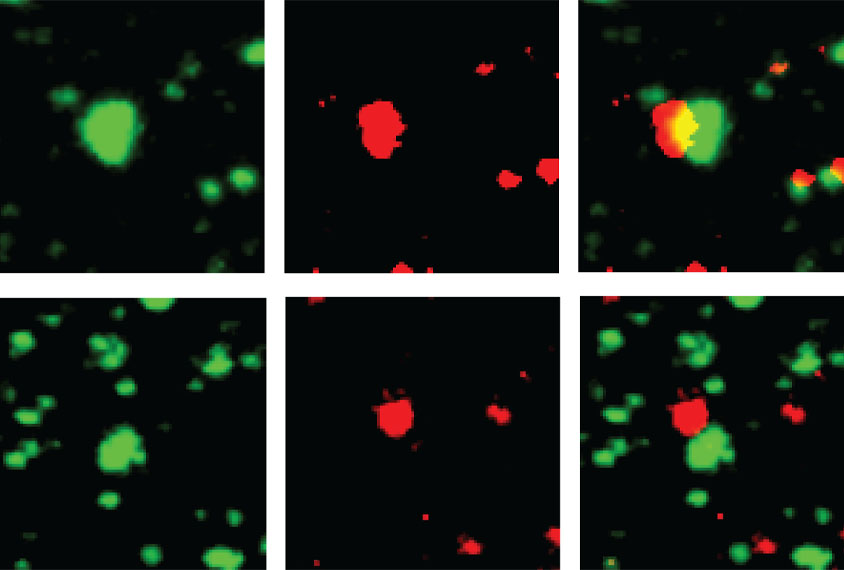
Fragile X theory falters on amygdala test
Activating certain receptors in the amygdala — a treatment that runs counter to a leading theory of what causes the condition — can reverse some traits in rats.
Elizabeth Berry-Kravis: Running a marathon for fragile X syndrome
Elizabeth Berry-Kravis has spent decades uncovering molecular clues to fragile X syndrome and crafting trials of treatments. Her efforts are paying off.

Elizabeth Berry-Kravis: Running a marathon for fragile X syndrome
Elizabeth Berry-Kravis has spent decades uncovering molecular clues to fragile X syndrome and crafting trials of treatments. Her efforts are paying off.
Fragile X researcher takes on COVID-19
Cara Westmark has spent the past year building the case that a drug designed for fragile X syndrome might help coronavirus patients, too.
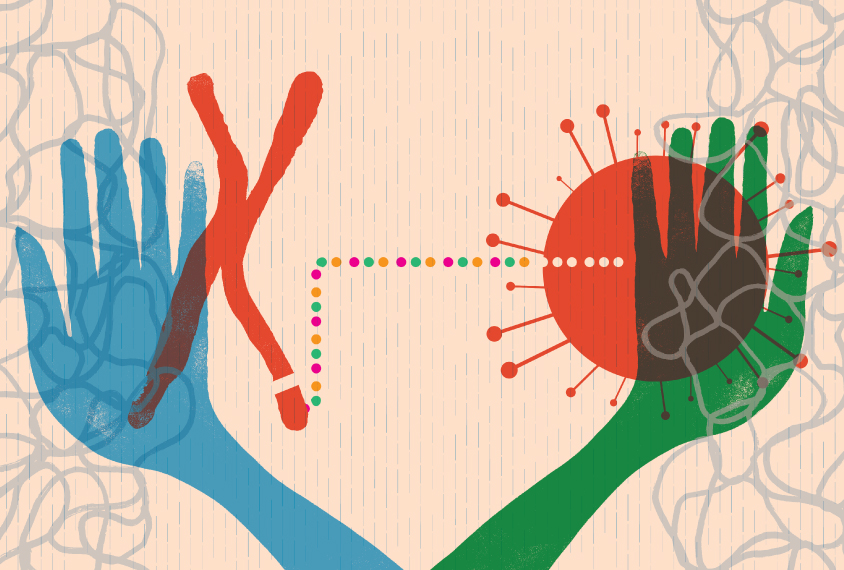
Fragile X researcher takes on COVID-19
Cara Westmark has spent the past year building the case that a drug designed for fragile X syndrome might help coronavirus patients, too.
A quest for Quincy: Gene therapies come of age for some forms of autism
A gene therapy for Angelman syndrome stands at the forefront of efforts to treat autism-linked conditions that stem from single genes.
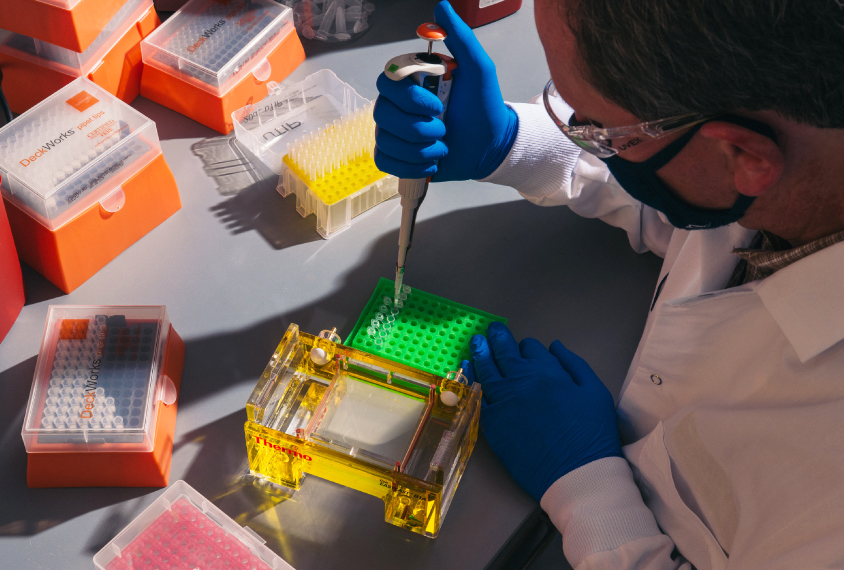
A quest for Quincy: Gene therapies come of age for some forms of autism
A gene therapy for Angelman syndrome stands at the forefront of efforts to treat autism-linked conditions that stem from single genes.
Mouse study hints at why fragile X drugs fail in trials
Drug after drug has failed in clinical trials for fragile X syndrome. A new study provides an explanation — a decrease in the drugs’ effectiveness over time — and points to a new strategy that could circumvent this problem.
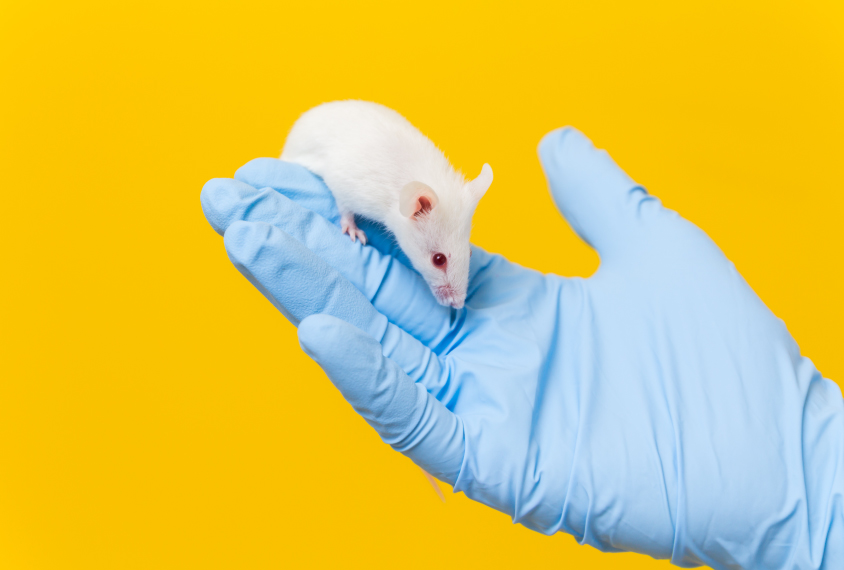
Mouse study hints at why fragile X drugs fail in trials
Drug after drug has failed in clinical trials for fragile X syndrome. A new study provides an explanation — a decrease in the drugs’ effectiveness over time — and points to a new strategy that could circumvent this problem.
Fragile X syndrome’s link to autism, explained
Fragile X syndrome is a leading genetic cause of autism. People who have either condition often share certain traits, such as difficulties in social situations.
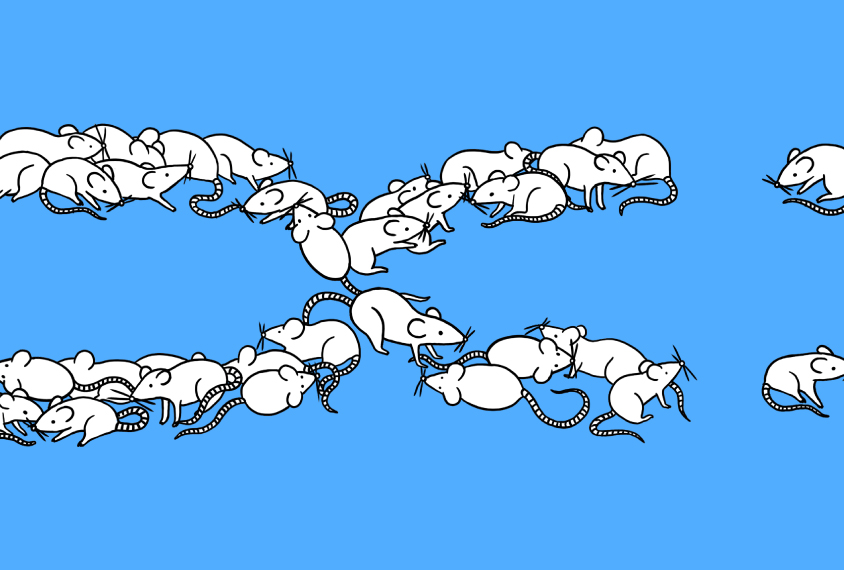
Fragile X syndrome’s link to autism, explained
Fragile X syndrome is a leading genetic cause of autism. People who have either condition often share certain traits, such as difficulties in social situations.
Newly discovered aspects of fragile X spur next wave of drugs
Many drugs for fragile X syndrome have failed in large clinical trials, but candidates that target new aspects of the condition may fare better.
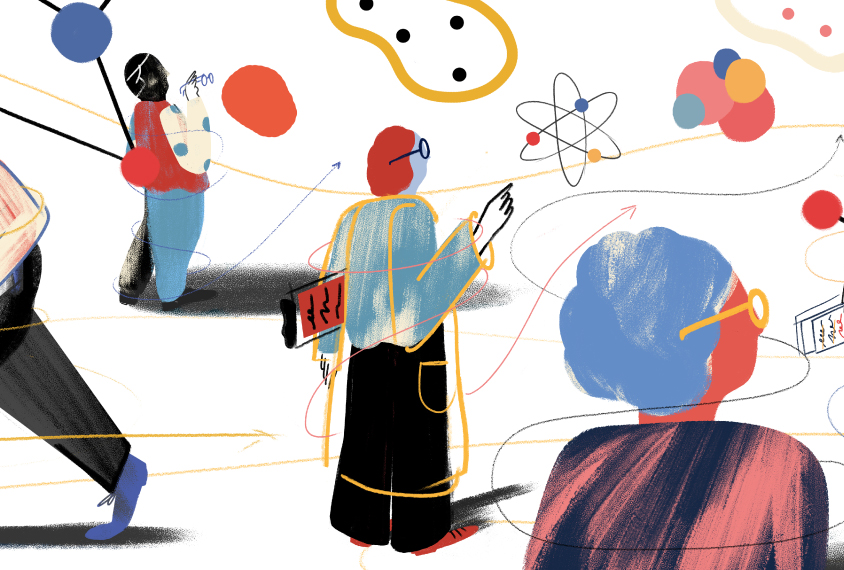
Newly discovered aspects of fragile X spur next wave of drugs
Many drugs for fragile X syndrome have failed in large clinical trials, but candidates that target new aspects of the condition may fare better.
Smart genes; Neanderthal mini-brains; diabetes link and more
Autism and intelligence share genetic variants, researchers grow Neanderthal mini-brains and see overlap with autism, and maternal diabetes is an autism risk factor.
Smart genes; Neanderthal mini-brains; diabetes link and more
Autism and intelligence share genetic variants, researchers grow Neanderthal mini-brains and see overlap with autism, and maternal diabetes is an autism risk factor.
Explore more from The Transmitter
Lack of reviewers threatens robustness of neuroscience literature
Simple math suggests that small groups of scientists can significantly bias peer review.

Lack of reviewers threatens robustness of neuroscience literature
Simple math suggests that small groups of scientists can significantly bias peer review.
Dendrites help neuroscientists see the forest for the trees
Dendritic arbors provide just the right scale to study how individual neurons reciprocally interact with their broader circuitry—and are our best bet to bridge cellular and systems neuroscience.

Dendrites help neuroscientists see the forest for the trees
Dendritic arbors provide just the right scale to study how individual neurons reciprocally interact with their broader circuitry—and are our best bet to bridge cellular and systems neuroscience.
Two primate centers drop ‘primate’ from their name
The Washington and Tulane National Biomedical Research Centers—formerly called National Primate Research Centers—say they made the change to better reflect the breadth of research performed at the centers.

Two primate centers drop ‘primate’ from their name
The Washington and Tulane National Biomedical Research Centers—formerly called National Primate Research Centers—say they made the change to better reflect the breadth of research performed at the centers.